Experts fear industrial and academic research may move abroad after infectious disease projects cancelled
The US Department of Health and Human Services (HHS) has terminated 22 messenger RNA vaccine research projects, totalling $500 million (£370 million) in funding from its Biomedical Advanced Research and Development Authority (Barda).
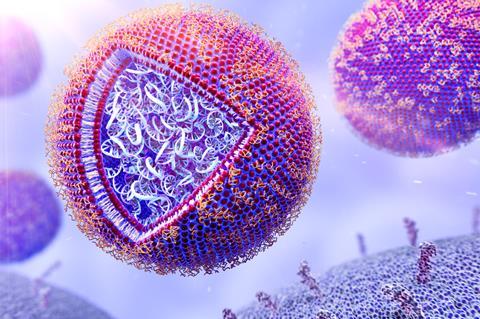
US researchers had previously raised concerns in March, when the US National Institutes of Health (NIH) began an unexpected review of all the mRNA grants it funds, although HHS – which oversees the NIH – categorically denied that this work was being defunded at the time. As fear grew, researchers warned that ‘skittishness’ across the industry could see mRNA vaccine projects move overseas.
It appears that almost all the projects were terminated immediately, while others have a ‘wind down’ period, according to Jeremy Berg, a biochemist who served as director of the NIH’s National Institute of General Medical Sciences for almost eight years.
HHS secretary Robert F Kennedy Jr publicly cast doubt on vaccines, especially those based on mRNA, before ever taking the HHS’ helm. During a 5 August briefing he claimed the Covid-19 pandemic demonstrated that ‘mRNA vaccines don’t perform well against viruses that infect the upper respiratory tract’. After ‘reviewing the science and consulting top experts’ at the NIH as well as the US Food and Drug Administration (FDA), Kennedy stated that HHS has ‘determined that mRNA technology poses more risks than benefits for these respiratory viruses’.
To replace what he called ‘the troubled mRNA programmes’, Kennedy announced that HHS will be ‘prioritising the development of safer, broader vaccine strategies like whole-virus vaccines and novel platforms that don’t collapse when viruses mutate.’
Backlash from biotech
Berg, however, is sceptical. ‘What science? What experts? This lack of transparency has implications far behind this one damaging decision,’ he tells Chemistry World.
The Biotechnology Innovation Organization (BIO) trade association also criticised the decision. ‘Biopreparedness through investment in research of innovative biotechnology platforms, like mRNA, is vital to maintain the flexibility, capacity and self-determination of defending our nation,’ a BIO spokesperson stated. ‘Retraction of investment in one area of research for this platform could erode progress and discourage investment in other promising areas of research for it, including cancer and rare diseases, where progress and early, positive results are being seen.’
America has led the biotech revolution for the last 40 years or more, and these decisions are going to put a void in our leadership in this space
Jeff Coller, an expert on RNA biology from Johns Hopkins University in Maryland, calls the HHS action ‘a shot across the bow to the entire mRNA industry’. It makes clear that this technology is not something that HHS is interested in supporting or continuing to develop, he says.
‘You wonder whether or not this sort of political manoeuvre is going to influence the entire sector, and whether companies that are thinking about new therapeutics using mRNA are going to develop them in the US, or if they’re going abroad to develop them in other countries,’ he adds.
Microbiologist and immunologist Justin Richner from the University of Illinois in Chicago, who has an ongoing NIH grant for an mRNA-based vaccine against dengue virus, says the Trump administration’s actions have created a chill in academia and in the biotech sector.
‘The research community is hesitant to pursue this technology, and beyond the research community the investor community is hesitant to pursue this technology platform for infectious diseases in general right now,’ he states.
Richner’s team is continuing to work on developing a mRNA vaccine for dengue, but it is also looking into pushing forward with other vaccine platforms against the virus, including live attenuated vaccines and adenoviral vector vaccines. Further, his group is considering applying for funding from non-governmental organisations and governmental agencies outside of the US.
Nobel laureate ‘shocked’
Katalin Karikó, who shared the Nobel prize in physiology or medicine in 2023 for her work on mRNA vaccines that was critical in the development of vaccines against Covid-19, says she was ‘shocked’ by Kennedy’s decision. She calls it ‘a huge mistake’ based on misinformation. ‘He ignored scientific evidence. Global progress of vaccine research and national security of our country will suffer tremendously,’ Karikó warns. She suggests this will harm the US’s ability to develop a vaccine during the next pandemic.
Nevertheless, she predicts that medical application of mRNA technology beyond infectious diseases vaccines will progress in the US, noting that mRNA vaccines are under development in other countries and that will not stop.
Berg concurs with Karikó’s sentiment. ‘It seems likely that those deeply involved in mRNA research may seek opportunities elsewhere,’ he says. ‘However, the technology has so much potential, for cancer in addition to infectious diseases, that I expect that some research will continue in the US, unless further blockages are imposed.’
Meanwhile, Coller notes that other countries like China, as well as the European Union and the UK, are doubling down on their investments in this field. ‘America has led the biotech revolution for the last 40 years or more, and these decisions are going to put a void in our leadership in this space.’





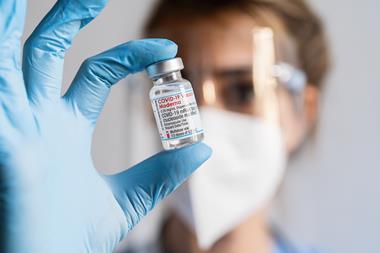
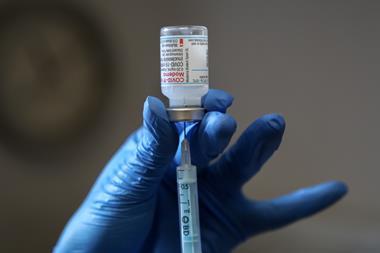
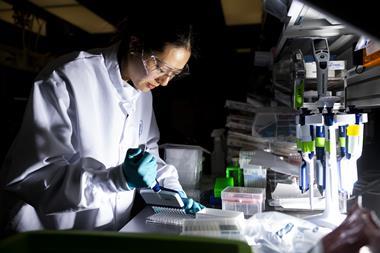
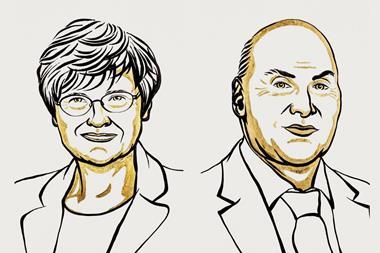








No comments yet